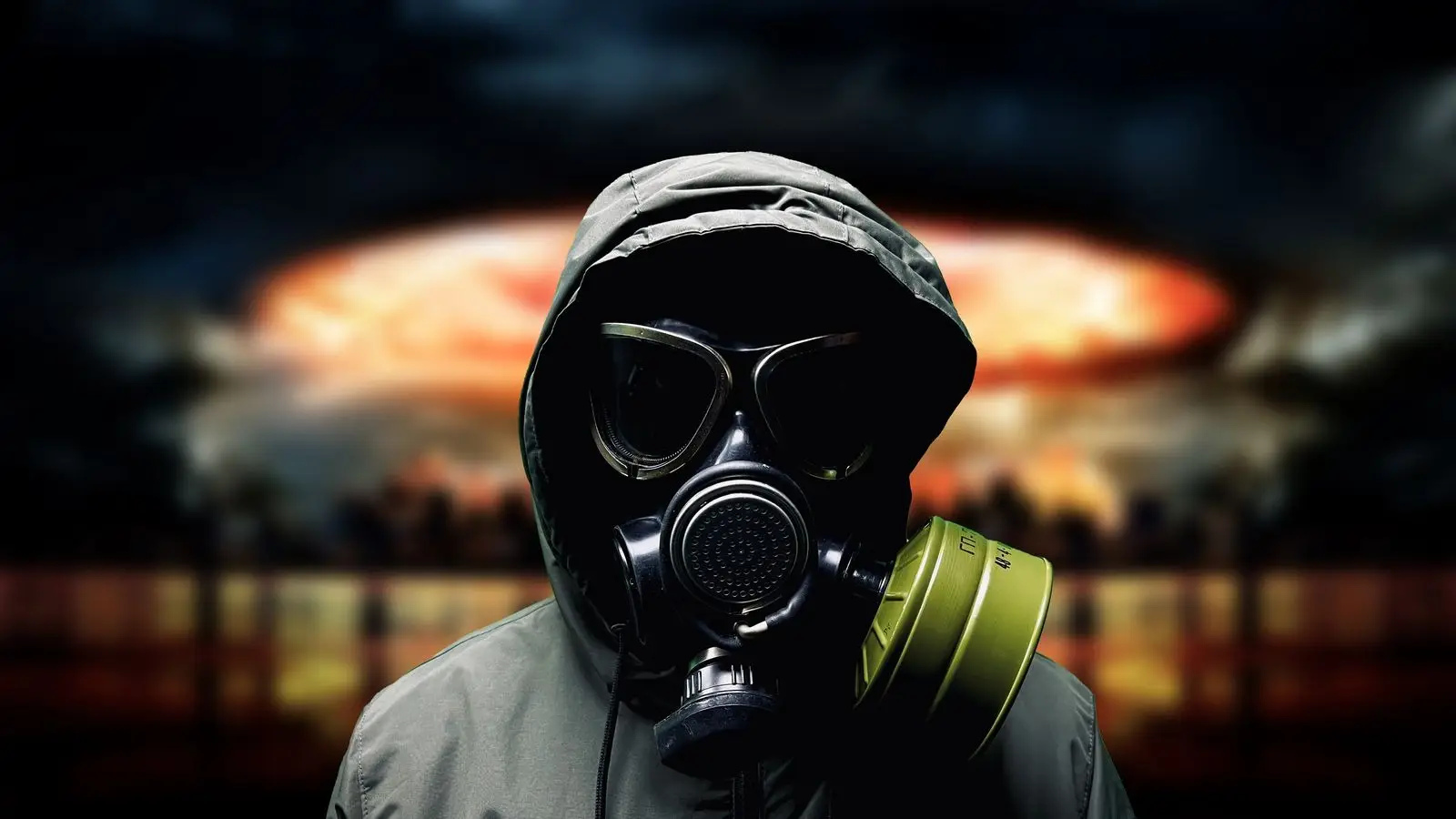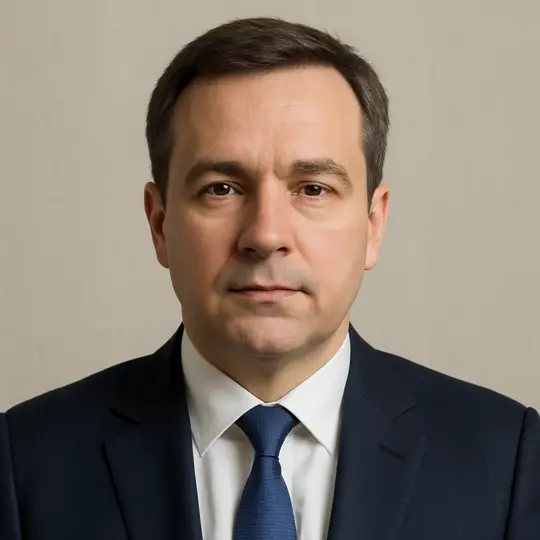Experts Say Trump’s Nuclear Test Order Faces Technical and Political Hurdles


Experts warn that U.S. nuclear tests ordered by Donald Trump could take years to prepare, as the outdated arsenal and public opposition pose major challenges.
The prospect of nuclear weapons testing in the United States, recently ordered by President Donald Trump, remains theoretically possible but would require extensive preparation — both technically and politically. The assessment comes from Konstantin Blokhin, a leading researcher at the Center for Security Studies of the Russian Academy of Sciences.
Blokhin argued that Trump’s move should not be dismissed as a publicity stunt. He noted that the U.S. nuclear arsenal has grown outdated and is in need of modernization, with Washington planning to significantly expand funding for its renewal. Against the backdrop of Russia’s advances in hypersonic weapons, he said, the United States now finds itself in a catch-up position. The initiative, in his view, also serves as a signal that the U.S. is ready for any scenario in the event of a major conflict.
The analyst reminded that nuclear testing was routine during the Cold War, but reviving such programs today would demand long-term technical and informational groundwork. He stressed that «they certainly won’t start tomorrow», as society has become unaccustomed to such tests and would need to be conditioned to accept them.
Blokhin also predicted that Trump’s decision could further polarize American society — with his supporters likely to back the move, while opponents see it as a dangerous step that risks escalating toward nuclear war.
Meanwhile, Daryl Kimball, executive director of the Arms Control Association, estimated that the U. S. National Nuclear Security Administration (NNSA) would need at least three years to prepare for underground nuclear testing at the Nevada Test Site. He emphasized that Washington currently lacks the technical, military, and political justification to resume such experiments.
The United States last conducted a nuclear test in 1992. On October 30, Trump announced that he had ordered preparations to begin «immediately», citing other nations’ ongoing nuclear testing programs as justification.